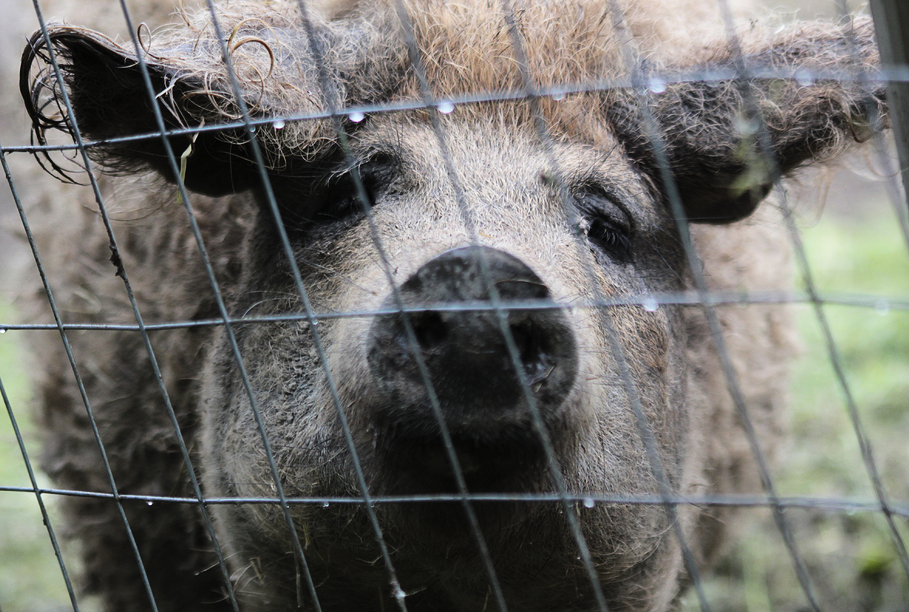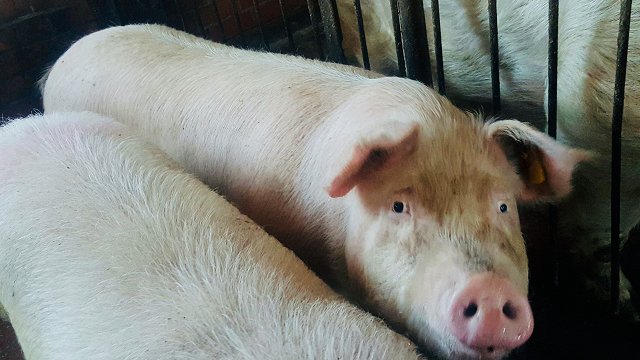Lab tests on the two additional infected wild boar carcasses discovered in Vorzova and Skuķi have yet to determine whether the cases are indeed of the African strain. However, authorities wasted no time assembling pig farmers in Kraslava to warn them of the risks and explain what must be done during such a dangerous health crisis. Biosecurity measures include mandatory blood testing, a ban on transporting pigs and pork between farms within the area and outside the surveillance zone, as well as confinement of swine to inside quarters, where contact with wild boar is less likely.
According to Latgale regional department head Antons Lazdāns of the Food and Veterinary Service, attempts at slaughtering illegally held pigs and smuggling pork meat out of the area have already been reported by local residents. “It is essential that people take nothing out of the affected zone,” said Lazdāns. “Homesteads holding pigs unregistered with the Service – in non-compliance of the law – are making our job more complicated.”
Farmers who wish to be compensated for losses due to the containment measures now being taken must be signed-up on the service’s official registry of pig-raising homesteads to submit a claim. Many rural residents of Latgale, especially the elderly, avoid the registration requirement, being reluctant to pay the fees. In light of this widespread non-compliance, Agriculture Minister Duklavs assured locals that registration charges would be waived in the stricken areas. “I urge all farmers, even those with just one or two pigs, to register their livestock as soon as possible, as this will greatly ease the Food and Veterinary Service’s work here. The Agricultural Data Center’s staff will be understanding and make the registry service free-of-charge,” he told the press.
Māris Balodis, chief of the Food and Veterinary Service told the press that inspection efforts were intensifying this week, being extended to monitoring the meat trade in local markets and slaughterhouses. “Our colleagues in Latgale have been working non-stop with no days off since the first cases of common swine fever were discovered (in 2012),” he said.
The government is expected to declare a state of emergency in affected areas at a cabinet meeting on Tuesday, a move that sounds more dramatic than it actually is, being largely aimed at making extra resources available to contain the disease.
On June 26, border guards discovered three dead wild boar. Tests revealed that two of them had died from African swine fever, a highly contagious and deadly disease among pigs with no cure but which is harmless to humans.
It was the first time African swine fever has been discovered on Latvian territory.
Earlier this year the disease appeared in Lithuania, prompting authorities to embark on a massive cull of the country's wild boar population, which acts as a carrier of the disease.
Latvian authorities are believed to be considering similar measures.






























